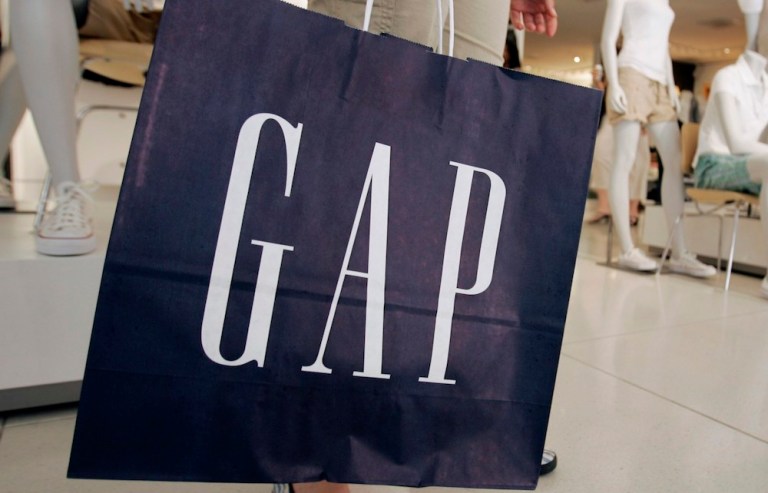GAP CEO Art Peck Touts Big Data Advantage

The Gap, Inc. — after many quarters of sales struggles — seems to be bouncing back as of late. According to CEO Art Peck, the secret to the brand’s refound success is its ability to effectively leverage its data streams.
Peck said on Wednesday (April 11) in an interview with “Mad Money” host Jim Cramer, “We’ve really been building back-end Big Data analytic capabilities now for a couple of years, and data is a huge asset for us. It’s surprising to me that more people in our space aren’t talking about it.”
Gap has faced a recent hiccup in its stock price — ending down almost 10 percent Wednesday — but overall the trend has been positive as Gap has seen its shares climb 24 percent over the last year. Much of that strength, Peck noted, has been buttressed by its Old Navy and Athleta brands — Gap and Banana Republic have both struggled to find footing.
“We know a lot about our customers,” Peck told Cramer. “We can see their lifetime value. We know who our most valuable customer is. Structurally, because we have multiple brands and multi-channels, we’ve got something not a lot of other apparel companies have.”
Peck told Cramer that their ability to leverage many streams of consumer data is valuable in a variety of ways — it gives them better insights for merchandising, advertising and where to focus across their many brand channels.
The CEO added, “If you look at the difference between a customer who’s casually engaged and one who is really deeply engaged in our brands across channels, it’s at least 10 times the value of that [first] customer.”
Peck noted that social channels, particularly Facebook and Instagram, have been particularly effective advertising channels.
“It’s super effective for us,” Peck said. “If I’m getting a 6x or an 8x return on my advertising spend, I might say I want to spend down to a 3x return and I’m still getting an incremental return on that dollar. It’s hard to do that in a lot of the traditional media.”
Additionally, Peck pointed out that Athleta has recently become a B Corporation, a certification similar to “Fair Trade” that subscribes companies to a strict set of social and environmental standards.
“That’s a values issue that our customers are super responsive to,” Peck told Cramer. “The engagement in that brand is amazing and that’s what consumers are looking for today. I don’t care if it’s a millennial or a 70-year-old woman. She sees that as a brand that she can relate to from a values standpoint and it’s a really powerful equation.”